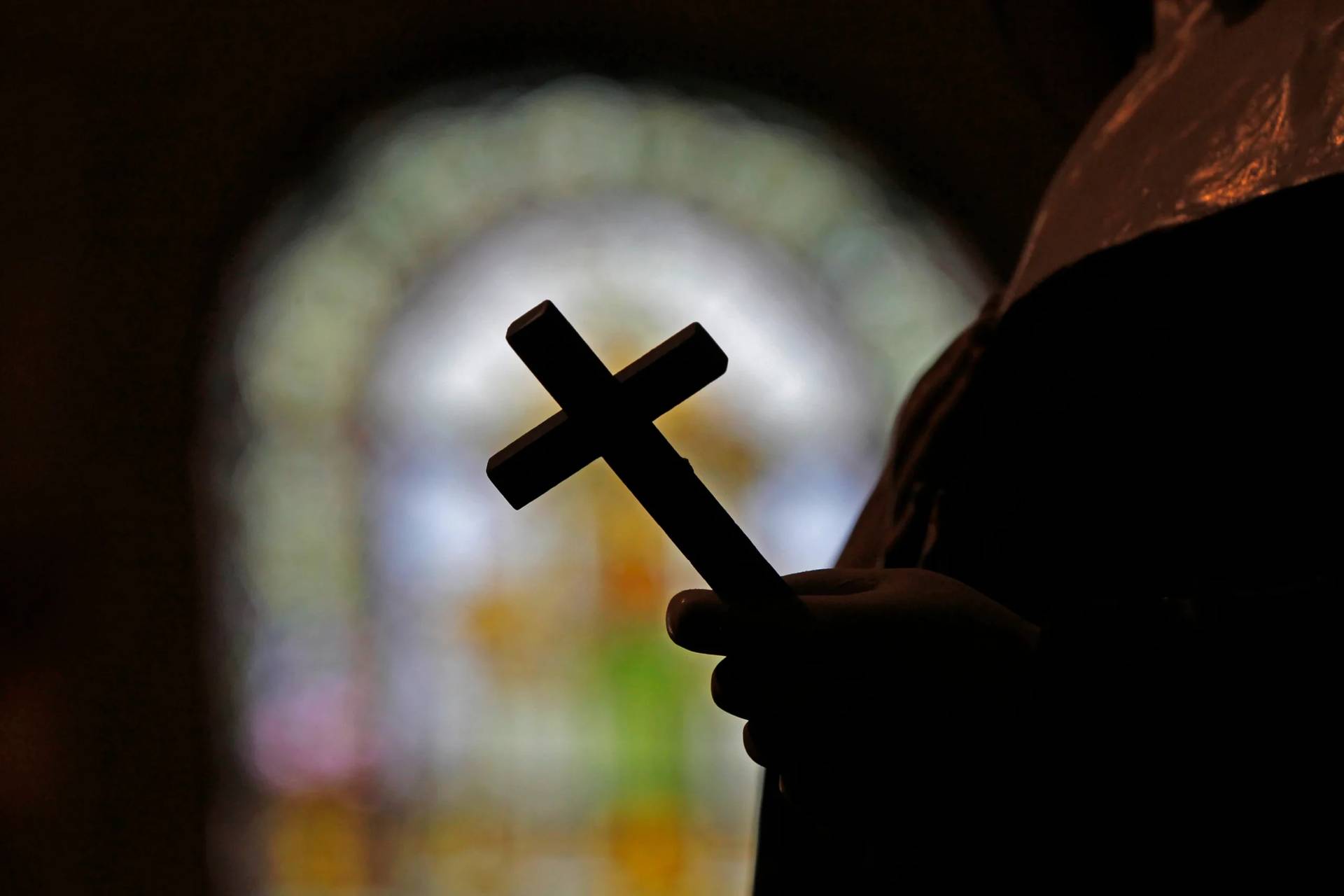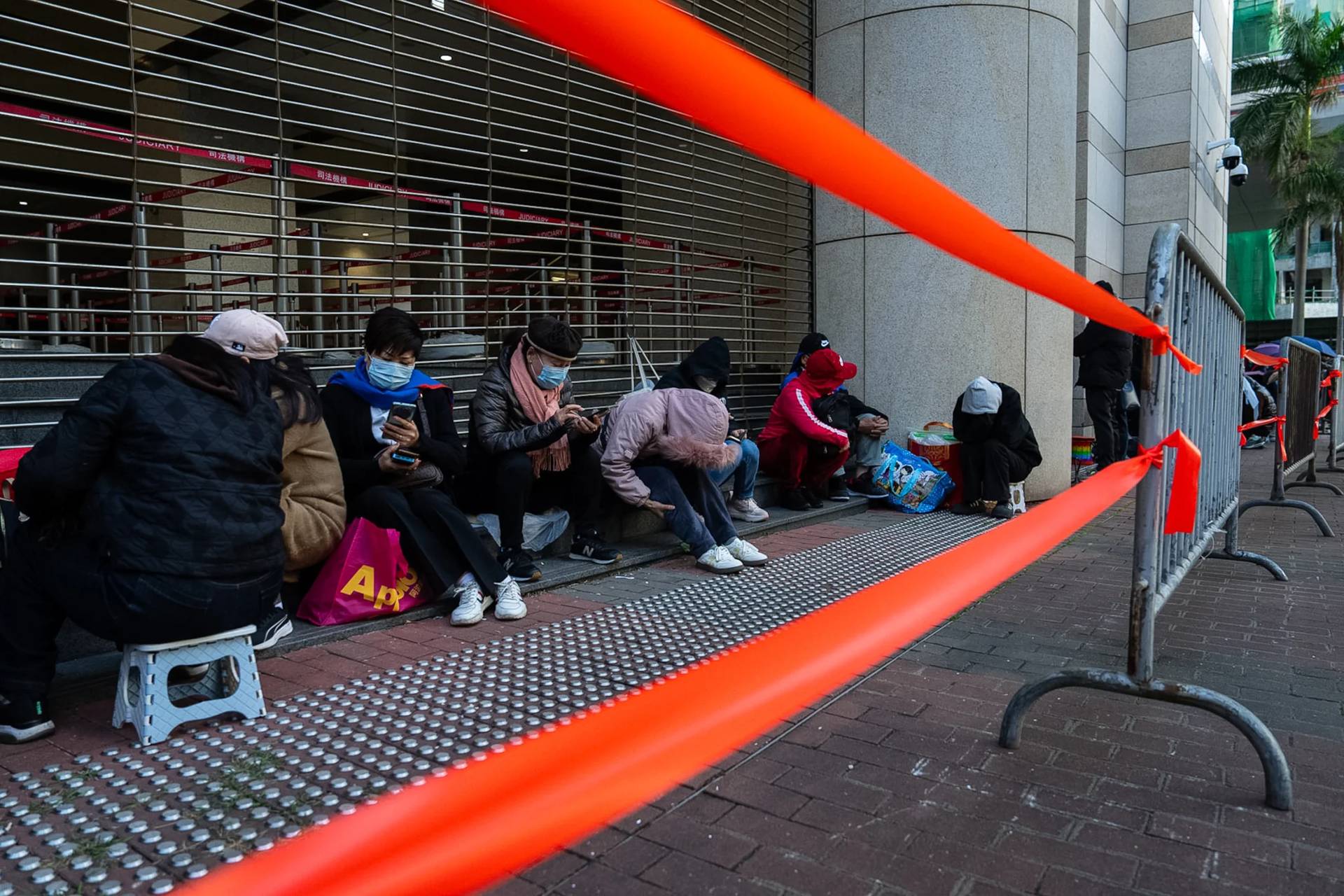YAOUNDÉ, Cameroon – Peace talks between the government of the Central African Republic and 14 rebel groups, brokered by the African Union, have raised hopes that peace could return to the troubled nation, bringing a better life for the country’s over 7 million people.
“Conflict has affected people across the country – deepening vulnerabilities while at the same time making it more difficult for CRS and other humanitarian groups to provide life-saving aid. We hope this dialogue will achieve peaceful accords and signal an end to this long-running conflict,” said Anicet Nemeyimana, Catholic Relief Service’s country manager in the CAR.
“Central Africans want to focus on rebuilding their country, but we need peace, security and stability,” he told Crux.
Nemeyimana said humanitarian access in certain areas of the country has been completely cut off, making it increasingly dangerous for aid workers to operate.
According to the United Nations, one out of four Central Africans is either internally displaced or a refugee in a neighboring country and 2.9 million people are in need of assistance and protection, with 1.9 million of those “requiring acute and immediate assistance.”
The UN has requested the international community donate $430.7 million to help stop an impending humanitarian disaster.
Last week, the United Nations said 18 civilians were killed and 23 others wounded after an armed group attacked a funeral.
The Central African Republic has experienced instability since 2013, when Séléka, a Muslim-majority militia movement, overthrew the government. The Christian-dominated anti-Balaka militia then formed to fight the Séléka. French and African peacekeepers were deployed in January 2014 and drove the Séléka forces from the capital, Bangui.
With the government unable to exert authority beyond Bangui, armed groups and militias have taken control of more than 70 percent of the country.
The violence has intensified and spread in recent months.
The peace talks between representatives of the government and 14 of the armed militia groups began in Khartoum on Jan. 24. However, negotiations have stalled over militia demands for an amnesty for their members, many of whom have been accused of crimes against humanity.
A UN human rights expert has called on the militia groups to demonstrate their dedication to the peace process by ending attacks in the country.
“If armed groups claim their place in the peace process, they must stop all violence immediately. Their actions have inflicted too many civilian casualties, demonstrating an apparent contempt for human dignity, reconciliation and the right to development,” said the UN Independent Expert on CAR, Marie-Therese Keïta-Bocoum.
“All the elements are in place to secure ambitious and prosperous growth in the Central African Republic, in line with the UN sustainable development goals. The peace agreement currently under discussion and the return of security could lead to the start of major projects,” Keïta-Bocoum said.
Meanwhile, the UN Security Council on Thursday extended an arms embargo in the country, despite the objection of the CAR government and the nation’s Catholic bishops.
The bishops said that since the armed groups plaguing the country continue to procure arms illegally, the only effect of the embargo is that the army has been substantially weakened.
“With the election of a new leadership in 2016, the CAR came back to constitutional order,” the bishops said on Jan. 13, at the end of their plenary assembly.
RELATED: CAR bishops want arms embargo lifted so army can fight rebels
“While the CAR, still under the yoke of the embargo, cannot procure arms for its own defense, armed groups are getting supplies in war equipment in the eyes of all. Under these conditions, does the embargo on arms not favor armed groups which continue to inflict terror, desolation and defy state authority? How can defense and security forces be trained without supplying them with the necessary arms?” the bishops’ statement asked.
The Security Council did say that by the end of April it would establish benchmarks “that could serve in guiding the Security Council to review the arms embargo measures,” adding that such a review would take place by the end of September.















